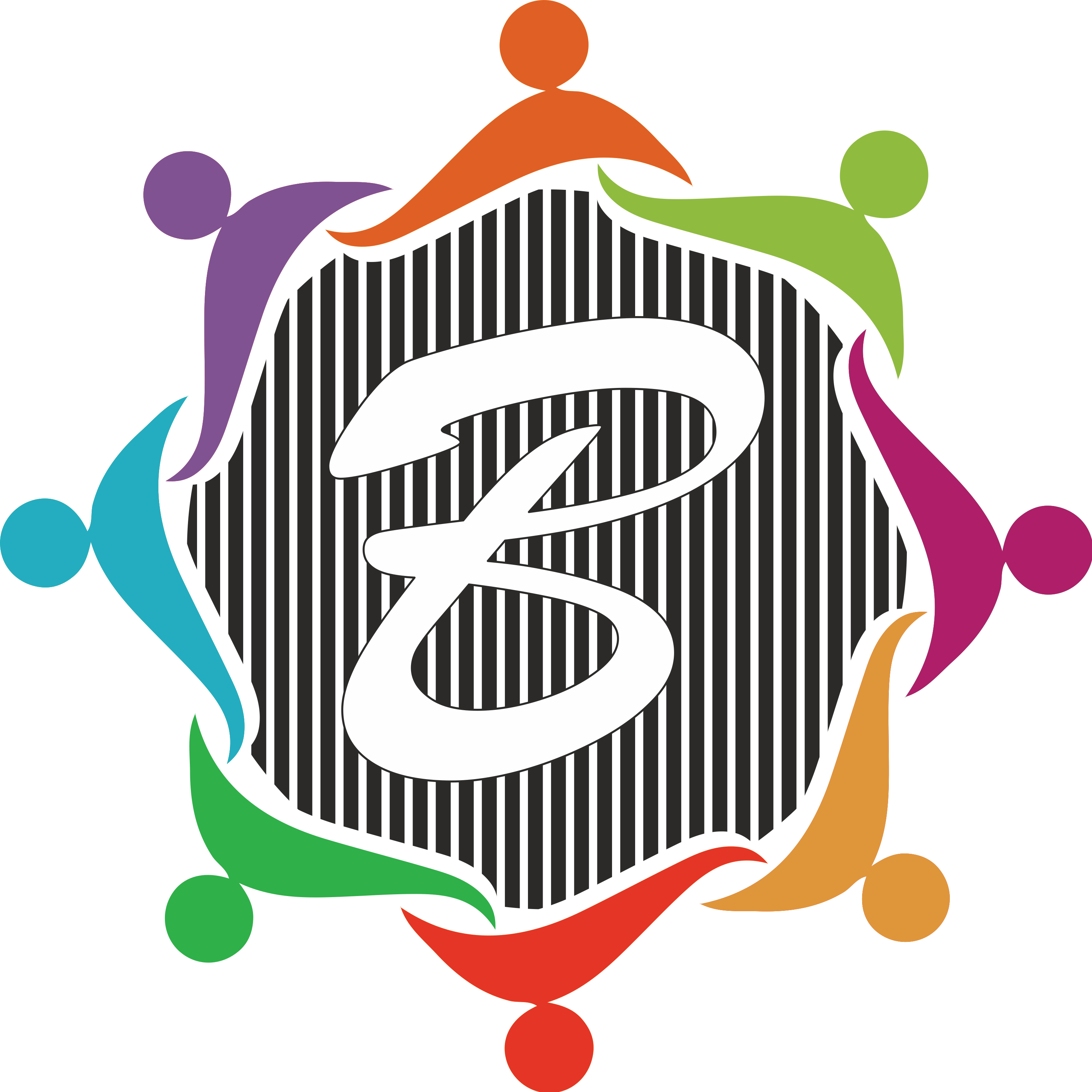Introduction: The Importance of Lifelong Learning Until the End
Education is a lifelong journey, and learning doesn’t stop even in the final stages of life. End-of-life learning is about self-reflection, sharing experiences, and imparting wisdom to future generations. In this blog, we explore the significance of continuous learning, its benefits, and how individuals can leave a lasting legacy of knowledge.
Why Learning Never Stops: The Value of Knowledge in Later Years
As people grow older, they accumulate a wealth of knowledge and experience. By reflecting on their life lessons and engaging in intellectual activities for seniors, they stay mentally active and emotionally fulfilled. Many elderly individuals find purpose in learning new skills, sharing stories, or mentoring younger generations.
Reflecting on Life: Key Lessons to Acknowledge
- Personal Growth & Achievements – Looking back at significant milestones and the challenges overcome.
- Wisdom from Failures – Teaching younger generations about resilience and perseverance.
- Cultural and Family Values – Passing down traditions, morals, and ethics to future generations.
- Spiritual and Philosophical Insights – Exploring the deeper meanings of life and mortality.
Sharing Wisdom: Ways to Contribute Knowledge Before Passing
- Writing Memoirs or Autobiographies – Documenting life experiences for future generations.
- Mentorship and Teaching – Sharing career expertise or life skills with younger individuals.
- Community Engagement – Participating in senior learning programs, book clubs, and discussion forums.
- Recording Life Stories – Creating video or audio recordings to preserve personal history.
The Psychological and Emotional Benefits of Learning in Old Age
Studies show that engaging in cognitive activities such as reading, problem-solving, and storytelling enhances memory retention, reduces stress, and improves overall mental well-being. Seniors who actively engage in learning experience a sense of accomplishment and fulfillment.
Digital Learning for Seniors: Embracing Modern Technology
With technology advancing rapidly, many elderly individuals are embracing digital platforms for continued learning. Some popular ways include:
- Online Courses & Webinars – Platforms like Coursera, Udemy, and Khan Academy offer courses on diverse subjects.
- E-Books & Audiobooks – Reading and listening to books keeps the mind engaged.
- Social Media & Blogging – Writing blogs or engaging in online discussions to share thoughts and insights.
How Families Can Support End-of-Life Learning
Families play a crucial role in encouraging lifelong learning. Supporting elderly members through conversations, providing access to books, and engaging in intergenerational learning activities helps keep their minds active and spirits high.
Conclusion: The Legacy of Knowledge Lives On
End-of-life learning is not just about gaining knowledge but about leaving a lasting impact on future generations. By embracing lifelong learning for seniors, sharing personal experiences, and staying intellectually engaged, individuals can ensure that their wisdom continues to inspire even after they are gone.


